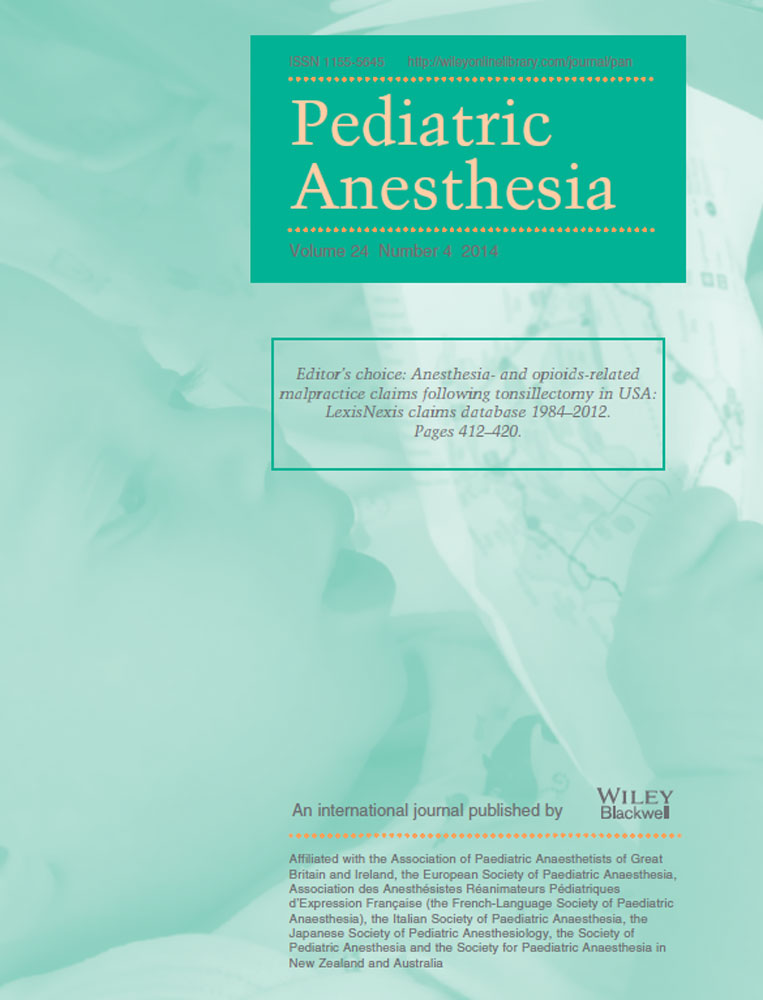Vasovagal syncope and severe bradycardia following intranasal dexmedetomidine for pediatric procedural sedation
Summary
We report syncope and bradycardia in an 11-year-old girl following administration of intranasal dexmedetomidine for sedation for a voiding cystourethrogram. Following successful completion of VCUG and a 60-min recovery period, the patient's level of consciousness and vital signs returned to presedation levels. Upon leaving the sedation area, the patient collapsed, with no apparent inciting event. The patient quickly regained consciousness and no injury occurred. The primary abnormality found was persistent bradycardia, and she was admitted to the hospital for telemetric observation. The bradycardia lasted ~2 h, and further cardiac workup revealed no underlying abnormality. Unanticipated and previously unreported outcomes may be witnessed as we expand the use of certain sedatives to alternative routes of administration.




